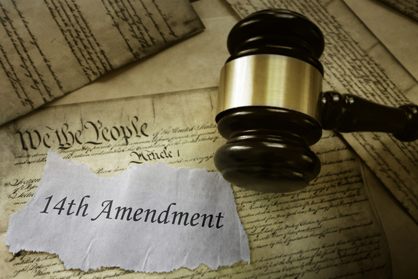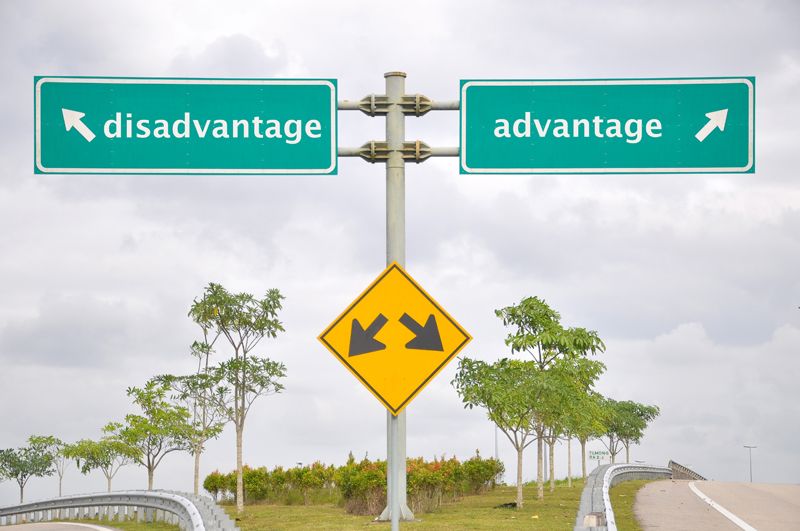Summary: Following the examples of Georgetown University and Columbia University, Harvard Law students are seeking delays for exams due to the stress caused by recent grand jury decisions.
Students at Columbia Law School were allowed to request postponement of their final exams if they suffered “mental trauma” from the grand jury decisions in the Eric Garner and Michael Brown cases. Now, it appears that Harvard Law is following suit.
According to the Boston Globe, Harvard Law students asked that final exams be delayed for students who were “traumatized” by the grand jury decisions and who are protesting what they feel is racial injustice.
A student coalition sent a letter to the law school administration saying, “Unless you act now, you will allow the systematic underperformance of a great many students of color and allies on this campus on their exams. We cannot walk away from our pain, and we cannot ignore our call to act against the injustice that threatens our families and our commitment to the justice system.”
Students at Georgetown have also made requests to delay their exams. Students at the schools have been devastated by the fact that grand juries failed to indict white police officers who were responsible for the deaths of two unarmed black men, Michael Brown and Eric Garner. A New York police officer’s chokehold ended Garner’s life, and Brown was shot by an officer in Ferguson, Missouri.
The coalition argued that Harvard Law delayed exams in the 1970s for students who participated in protests during the Vietnam War. In addition, the school has policies set up for students with personal emergencies that may interfere with the exam period. The coalition wrote, “This is more than a personal emergency. This is a national emergency.” They requested the “opportunity to reschedule their exams in good faith and at their own discretion.”
Read about the protests in Ferguson, Missouri.
A Harvard Law spokesman, Robb London, responded that an existing exam deferral policy will allow “individualized consideration” for students seeking delays. “Our staff is available to consider all such requests and, more importantly, to provide students with the support they need,” London added.
The school has provided many options for counseling and support to students. Many students were in favor of postponing exams, arguing that those who have devoted their time to civic activism should have extra time to study. Martin Njoroge, a first-year law student, said, “It’s being sensitive to the times. There will still be time for finals.”
Njoroge added that law students are especially sensitive to what they perceive as racial injustice in the justice system. “We’re supposed to be learning about justice,” he explained.
However, others feel that the requests are ridiculous, and that students are simply taking advantage of the timing of the grand jury decisions. One student said, “Gimme a break. Extensions are for students who have a death in the family, not because they have spent too much time marching in rallies.”
Other students remained hopeful that their fellow students would not abuse the situation. Many students explained that they had been too busy studying to even worry about the ongoing debate. “I’m just plowing ahead,” one student commented.
The Columbia Law School Coalition of Concerned Students of Color told administrators that “recent events have unsettled our lives as students.” At Georgetown, a coalition argued that they were “deeply affected, critically active, and emotionally damaged by these events.”
Students have taken part in the hundreds of protests nationwide. Some protested in Harvard Square, and others protested at Harvard Medical School. Students, faculty, and staff staged a “die in” on the campus.
Nancy Oriol, the dean for students, commented that she and medical school dean Jeffrey Scott Flier spoke to the group of roughly 100 students. Afterward, the students lay down and covered the floor of the atrium. The “die-in” lasted 15 ½ minutes: 11 minutes to represent the number of times Garner told police he could not breathe, and 4 ½ minutes to commemorate the number of hours Brown’s body was on the ground.
Photo credit: Boston Globe












































